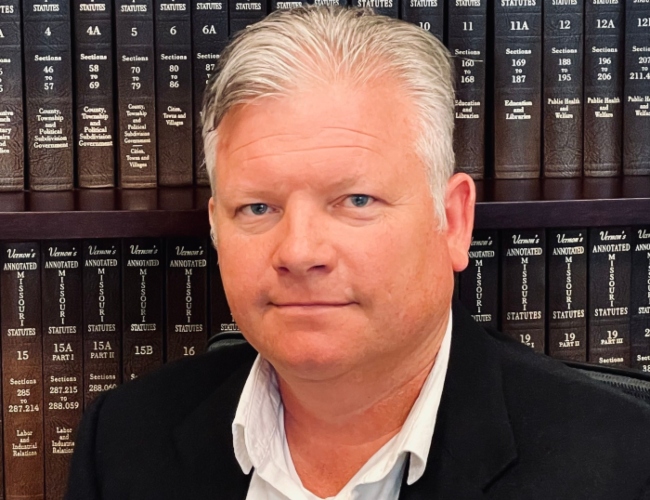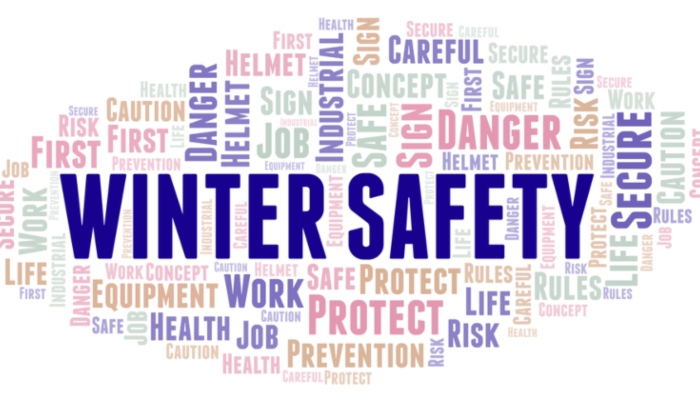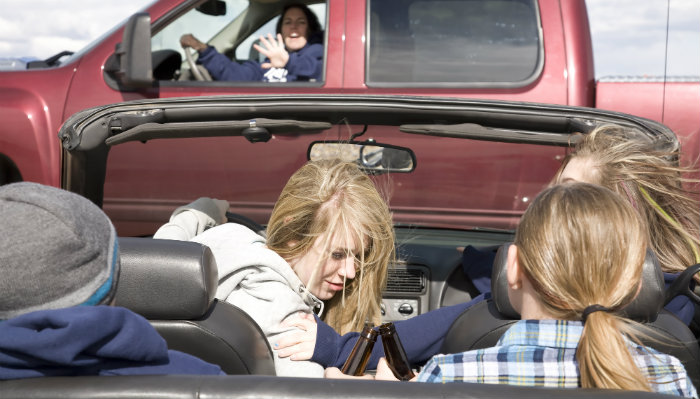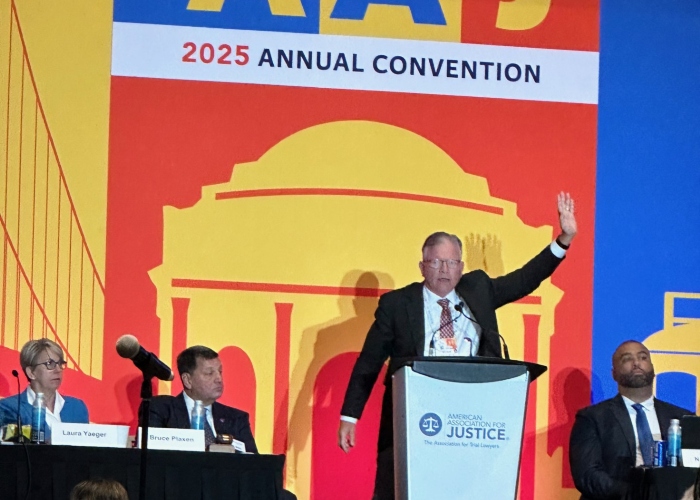
Published on February 5, 2026
Brian Franciskato, partner at Nash & Franciskato, has been appointed to the Greater Lee’s Summit Healthcare Foundation Board of Directors.

Published on January 9, 2026
Winter weather brings beauty—but also a sharp rise in preventable accidents. Ice, snow, freezing temperatures, and reduced visibility create hazardous conditions that can lead to serious injuries. From car crashes to slip‑and‑fall accidents to carbon monoxide poisoning, winter dangers are real and widespread.
Here are some practical steps to protect yourself and your loved ones over the winter months.

Parking lots and parking garages may feel like safe, low-risk environments. After all, traffic moves slowly, and drivers are focused on parking—not speeding. Yet the reality is far more dangerous. According to the National Safety Council, more than 50,000 crashes occur in parking lots and garages every year, leading to over 60,000 injuries and 500 deaths.
They become even more dangerous around the holidays. Auto insurers report the number of claims spike on Black Friday and run above normal throughout the holiday shopping season. (National Safety Council)

Nash and Franciskato, along with The Mo-TLC Crew, showed up in a big way at Harvesters in Kansas City with a crew of 23 people to pack the “buddy packs” that kids take home from school, ensuring they have food during the weekends.

We are proud to share that Dean Nash, Brian Franciskato, and Randy James have once again been named to the 2025 Super Lawyers list.

Halloween is a fun and exciting time for kids—with the mix of costumes, candy, and spooky fun. But, whether your child is trick-or-treating, attending a party, or haunting the neighborhood, make sure they are safe. Use these safety tips to help keep the night safe and memorable for everyone!

Distracted driving is one of the leading causes of teen crashes, and that often means a cell phone is involved. But let us not forget, there is another distracted driving behavior—often overlooked—that your teen drivers need to be educated about: passenger interaction. Studies show that the risk of a crash increases with each additional teenage passenger in the car.

Car accidents remain one of the leading causes of death for children ages 1 to 13. Yet many of these tragedies are preventable simply by the proper use of car seats, booster seats, and seat belts. Use these best practices and safety tips to help protect young lives while on the road.

Our Kansas City roads are busy, and for teen drivers —especially those still gaining experience—safe driving is a skill that takes time and practice to develop. Whether a new driver or a parent guiding one, these essential safety habits can help reduce a teen’s risk and build lasting confidence behind the wheel.

At our firm, we take immense pride in the active engagement of our team members in professional organizations such as the American Association for Justice (AAJ). This year, we are thrilled to congratulate Brian Franciskato on receiving this award and recognition.